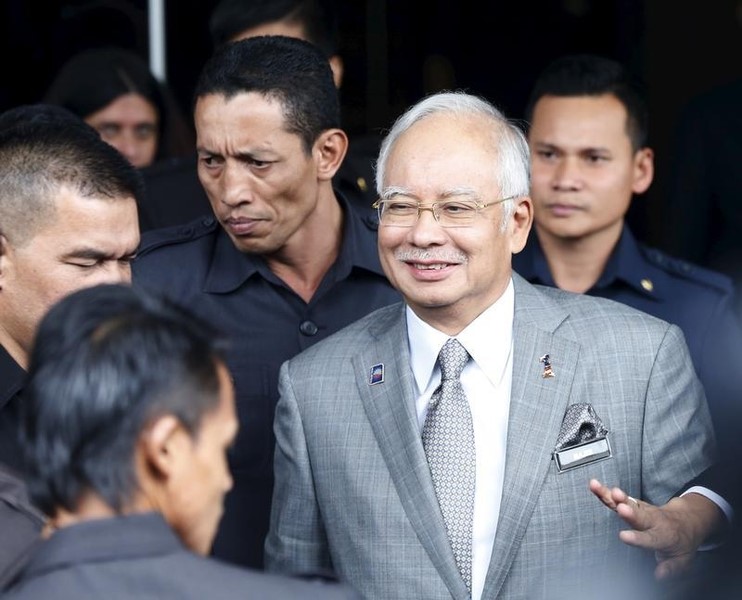By Trinna Leong
KUALA LUMPUR (Reuters) - Human rights in Malaysia have deteriorated under Prime Minister Najib Razak's administration despite his promises to provide more freedom, Human Rights Watch said on Tuesday.
The rights group's findings, published in a report, will add to pressure on Najib and further undermine his tattered image as a reformist, as he struggles to weather criticism of his handling of a scandal at a state investment fund.
"Prime Minister Najib came to power with the promise he'll be a reformer ... but when the political situation became complicated, he reversed his course," Brad Adams, the group's Asia Director, told a news conference in Kuala Lumpur.
The prime minister's office did not respond to emailed request for comments.
Malaysia has been ruled by Najib's party, the United Malays National Organisation, since independence in 1957.
When Najib took power in 2009, he promised to uphold civil liberties as part of a campaign for more moderate government.
He did repeal a colonial-era Internal Security Act but backtracked on a promise to repeal a Sedition Act.
He strengthened the Sedition Act and introduced a tough Prevention of Terrorism Act after his coalition lost the majority vote in 2013 elections, although it managed to stay in power. The government also amended existing laws to restrict speech, including on social media.
This year, authorities have cracked down on anti-government rally organisers, those critical of Najib and debt-ridden state fund 1Malaysia Development Berhad (1MDB).
Authorities also blocked websites and suspended newspapers that reported extensively on 1MDB.
"The single thing this government can do is to stop arresting, charging, investigating people for peaceful expression," Adams said.
1MDB has debts of more than $11 billion and is under investigation for financial mismanagement. Najib is the chairman of the fund's advisory board.
Separately, Najib has been scrutinised after a report emerged that almost $700 million was banked into his account. Reuters has not verified the report.
Malaysia's anti-graft agency said it was a "donation" from the Middle East and Najib has denied wrongdoing.
Critics say Malaysia's Sedition Act and several other laws are vague and covers uttering words that are deemed offensive, would incite violence or threaten the peace.

"While no one likes people to be offended, being offensive is not a crime," said Human Rights Watch legal consultant Linda Lakhdhir, the author of the report.